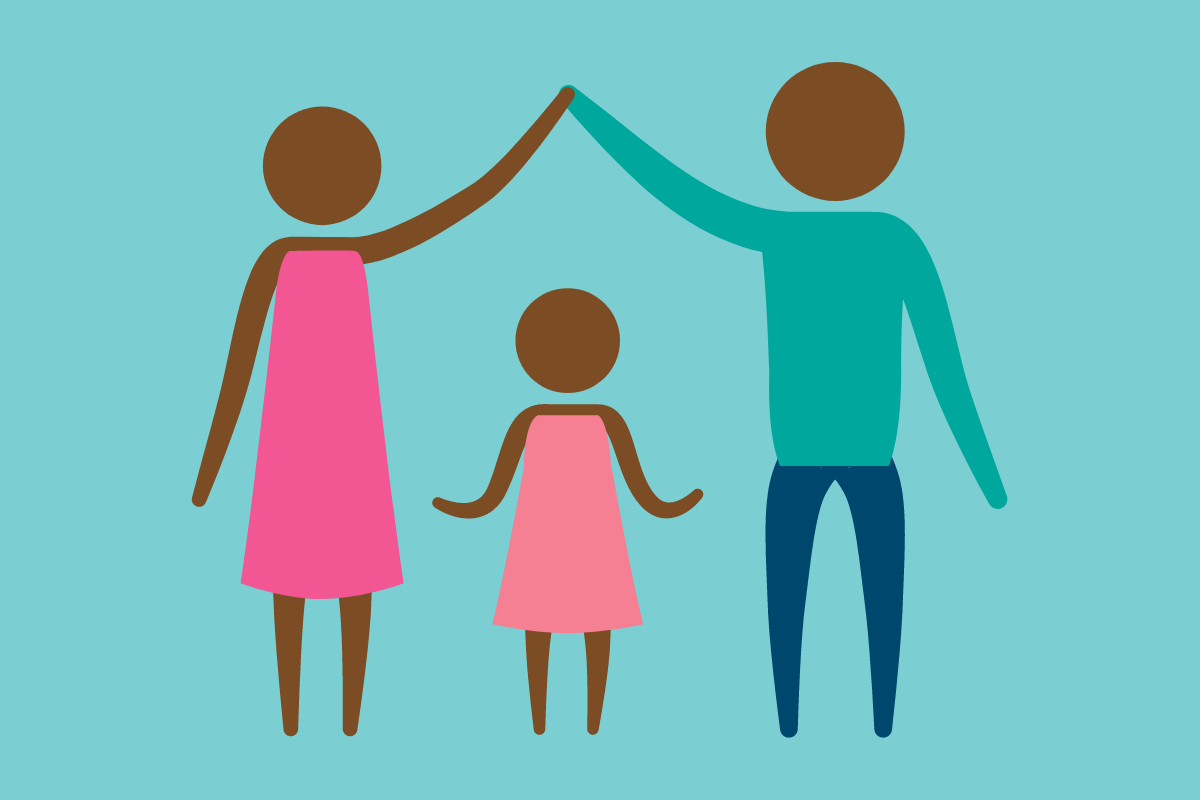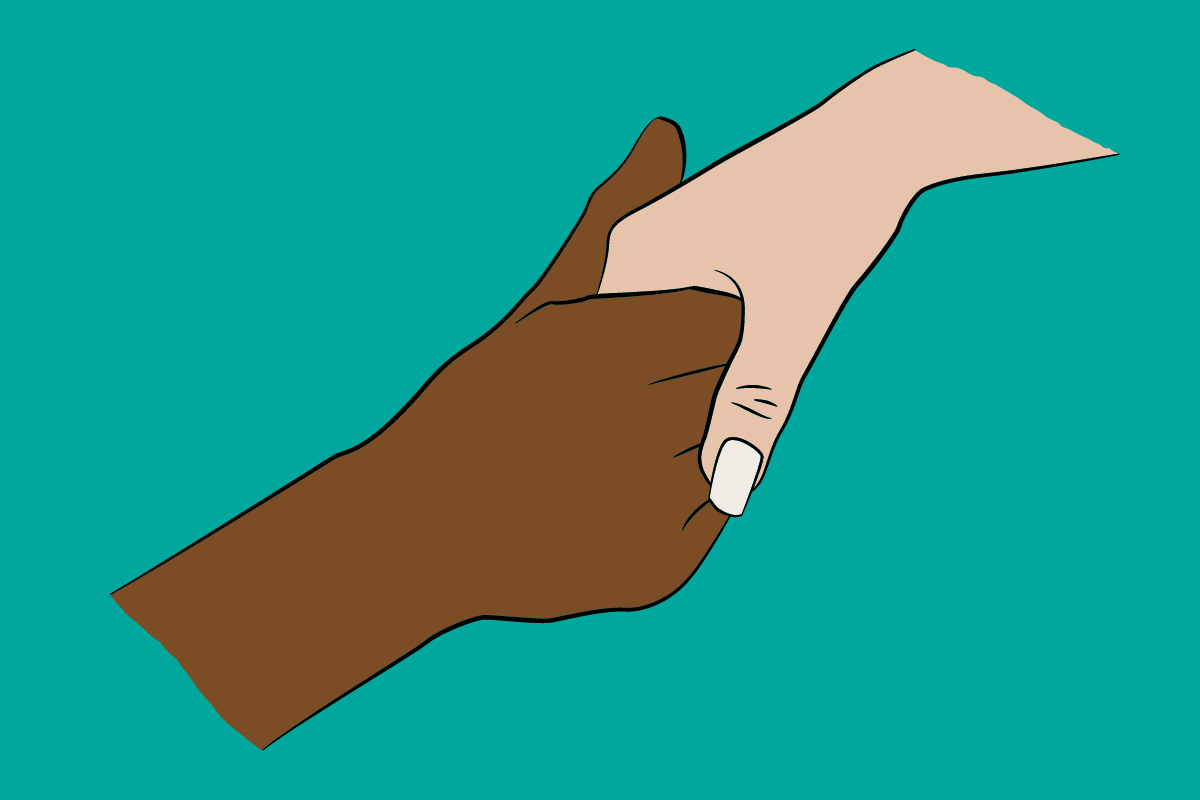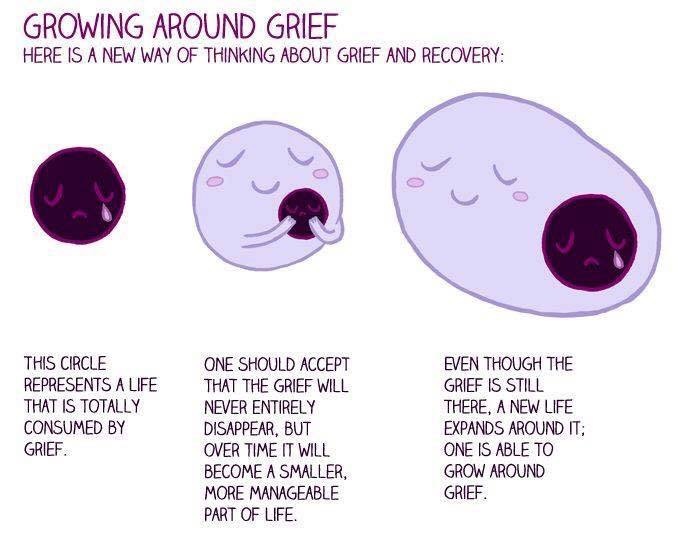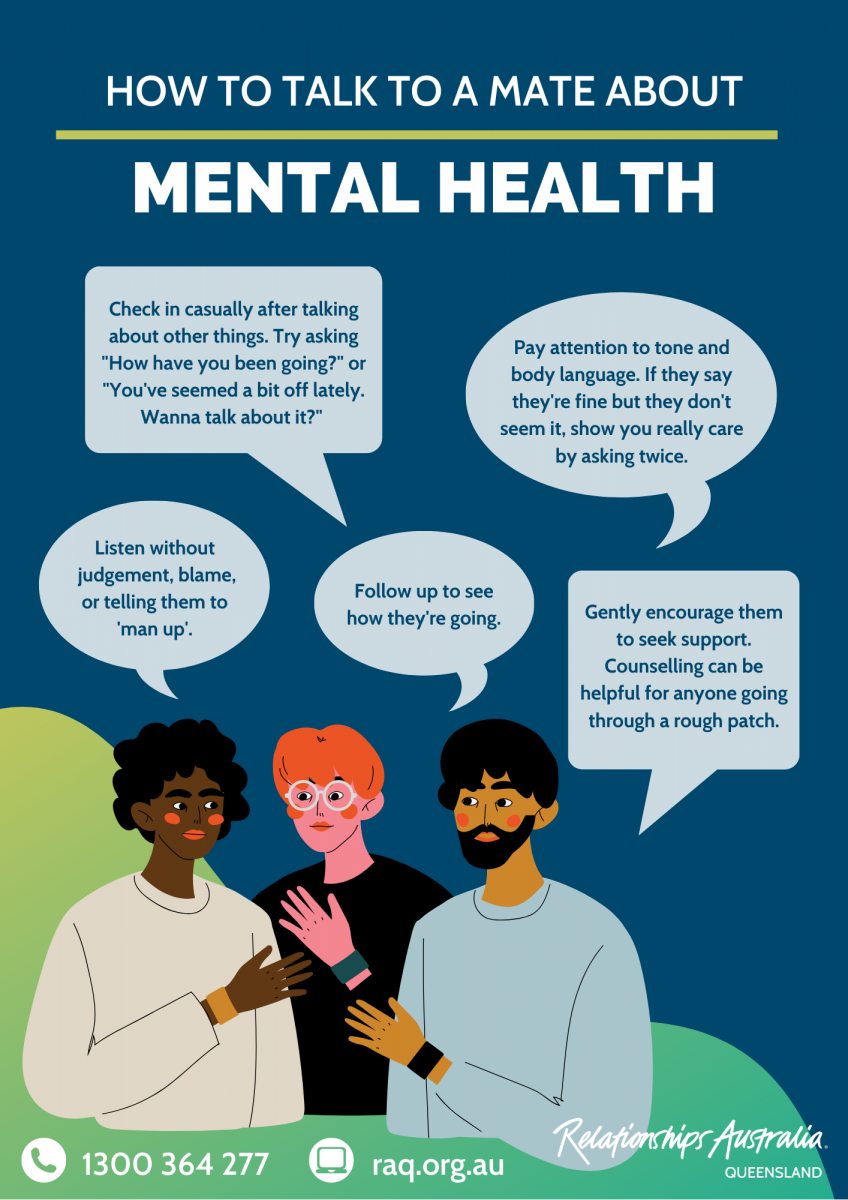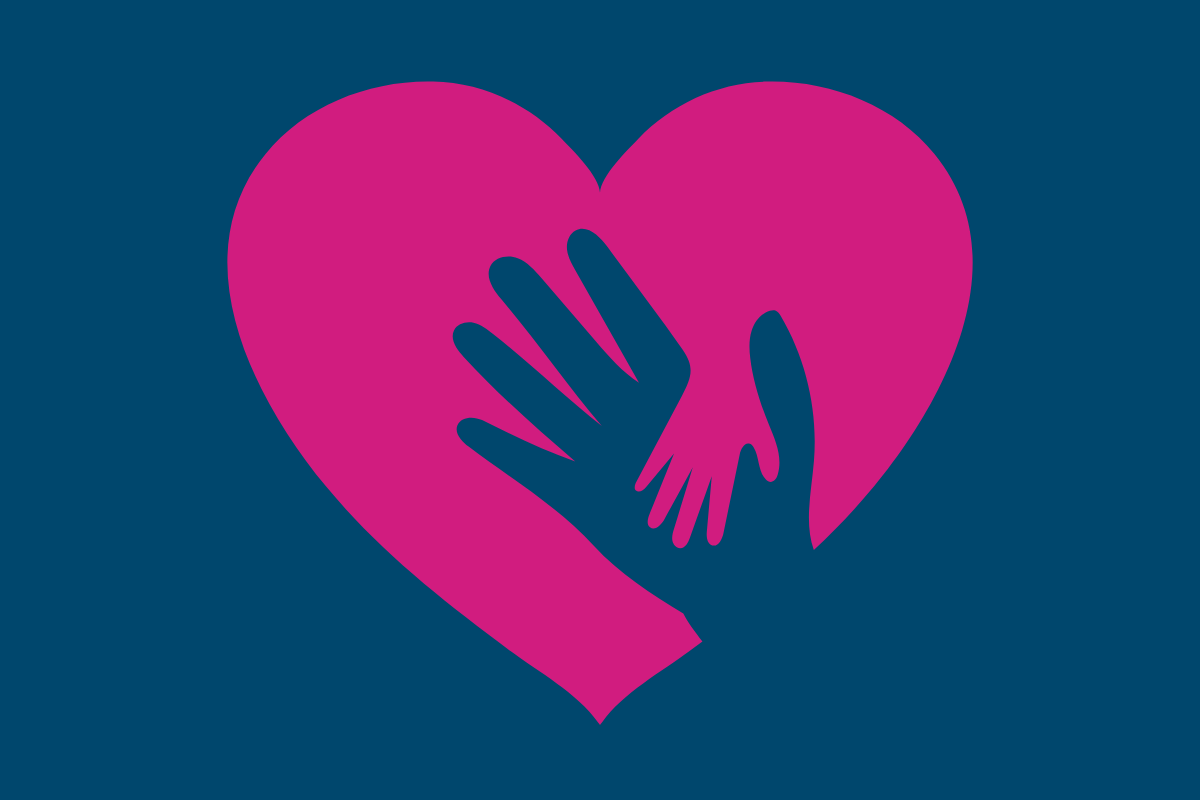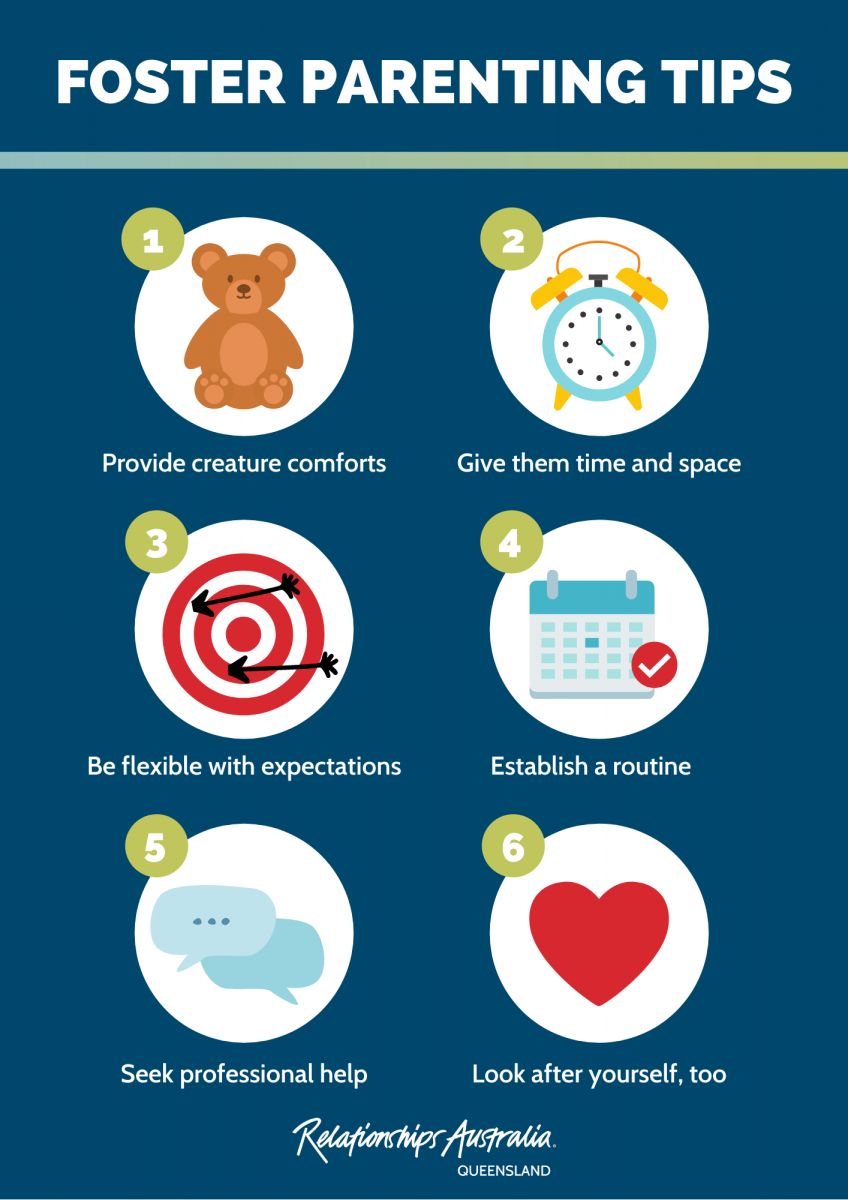You met someone great. You get on like a house on fire. But there’s just one small thing: they have children.
Dating someone with kids can raise unique challenges. Whether you’re a kid person or you have no experience with them, you’re a parent yourself or living the childfree life, dating someone with a child is always going to bring some added potential for stress and complications.
But it can also be wonderful and rewarding, and the best package deal you’ve ever committed to.
We provide some pointers for dating someone with kids to help guide you on this exciting ride.
Ask about their kids
Even if you’re not ready to jump into step-parenting duties, that doesn’t mean you should avoid the subject altogether. Your partner’s children are a huge part of their life, and probably a part they love discussing.
Ask about their kids and show an interest in their life as a parent. This shows them you care about what’s going on for them, and helps build your connection and intimacy. It can also be a green flag and reassure them that you don’t see their kids as a hindrance in the relationship.
Respect that the kids come first
No matter how great your connection, the kids will always take priority. If you can’t cope with having your dinner date interrupted with phone calls to the babysitter, having to reschedule your plans because a little one has the chickenpox, or not getting a text back until after bath and story time, dating someone with a child might not be for you.
Things don’t always run smoothly when kids are involved. If you want the relationship to work, you’ll have to be understanding when your partner puts their kids’ needs before yours.
Don’t offer unsolicited parenting advice
Dating someone with kids doesn’t give you any parental authority over their kids, and telling your significant other how to raise or discipline their children is a big no-no. They’re likely copping enough unwanted ‘pearls of wisdom’ from their friends and family as it is.
If you’re upset or frustrated with the children’s behaviour, do what you can to keep yourself calm, and leave the parenting to your partner. If you witness really worrisome behaviour, bring it up with your partner in private, and allow them to make the parenting decisions.
Consider whether you’re serious before meeting the kids
For the sake of all involved, wait until you’re in a committed relationship before meeting the kids.
Being introduced to the kids is a big deal. It can be tough on young ones to meet someone new only for them to split a few weeks later. If you don’t see a future together yet, save the introductions for when you do.
Understand the kids might not welcome you right away
You could be the most fun, likeable, kid-friendly person around, but there’s still a chance their children won’t welcome you in as part of the family.
It can take years for kids to warm up to a new parent figure. Researcher and author Patricia Papernow reports that stepfamilies take around 7-12 years to adjust and to exist as a healthy, well-functioning system.
Don’t take it personally if your partner’s kids don’t welcome you with open arms right away – but don’t force the relationship, either. Be patient and respect their boundaries.
If you’re having relationship or parenting issues, speaking with a counsellor might help. Learn more about our confidential counselling services here or call 1300 364 277 to make an appointment.
